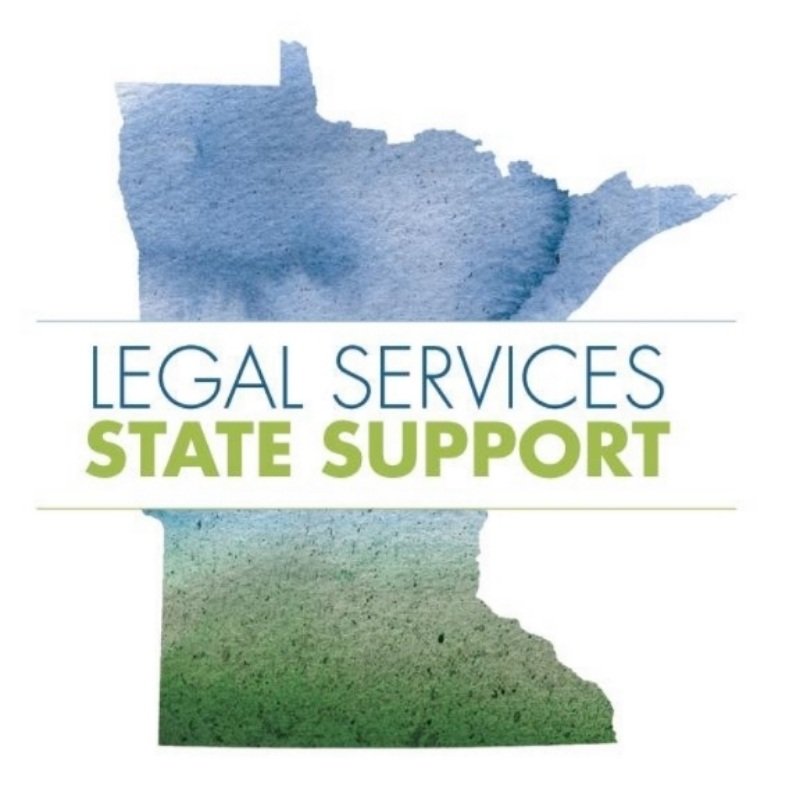J. Singleton, Program Manager - Legal Services State Support
In response to changing legal needs in Minnesota, Legal Services State Support recently partnered with California digital design firm Y Media Labs to refine the nationally recognized LawHelpMN.org website and its mobile app.
When it launched in 2019, the site reached over half a million people quickly and its use since the COVID-19 pandemic began has been significant in bringing critical legal information to Minnesotans. The site’s mobile app has not been as responsive and many users have been unable to access what they need when using it. Enter Y Media Labs (YML) who donated their services to State Support as a way to support access to justice through technology. The firm’s designers spent weeks streamlining the website and app to improve functionality and ability to match Minnesotans with available resources.
“In the first two weeks since we launched the new design, we’ve already seen a 40% increase in the number of people who get resources from the LawHelpMN Guide. Y Media Labs has been amazing to work with.”
Among the beneficiaries of LawHelpMN’s new improvements are those utilizing it via one of 250 "legal kiosks" across the state. "We don't want people to have to be problem solvers or jump through hoops just to get through a form. They abandon it if they run into trouble. So we are grateful for the changes made," said Sally Nankivell, executive director of LegalCORPS, a Legal Kiosk Project host.
Read more in the Star Tribune’s “Upgraded app aimed at bringing free legal aid to more Minnesotans.”



